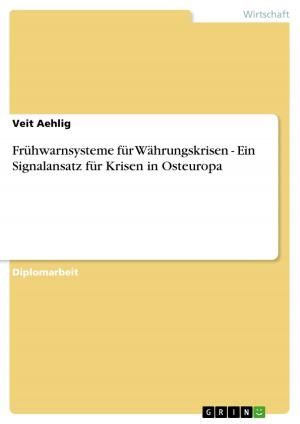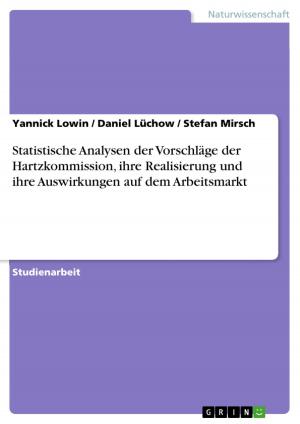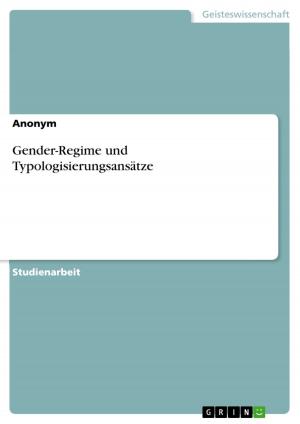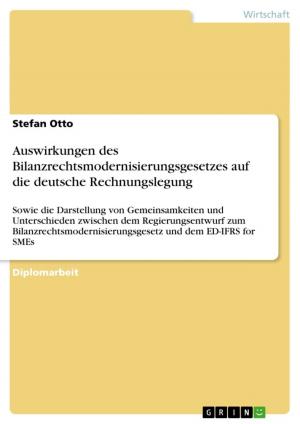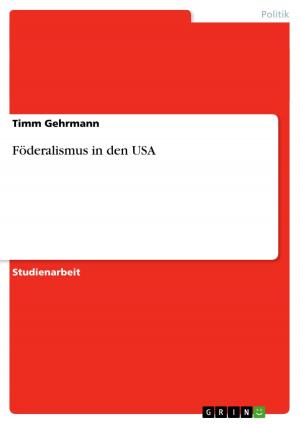What are the reasons for governments to restrict free trade? Are these valid in the 21st century?
Business & Finance, Industries & Professions, Distribution| Author: | Yasir Farabi | ISBN: | 9783656249719 |
| Publisher: | GRIN Verlag | Publication: | August 1, 2012 |
| Imprint: | GRIN Verlag | Language: | English |
| Author: | Yasir Farabi |
| ISBN: | 9783656249719 |
| Publisher: | GRIN Verlag |
| Publication: | August 1, 2012 |
| Imprint: | GRIN Verlag |
| Language: | English |
Essay from the year 2012 in the subject Business economics - Trade and Distribution, University of New England, course: International Business, language: English, abstract: The term 'free trade' has different meaning to different interest groups. It is because of the different lenses through which people view events around them, the free trade debate is so complex. Although the economists have a notorious reputation for disagreeing about everything, one thing that almost all economists have always agreed is the desirability of free trade. However, it is a well-known fact that when it comes to matters of trade policy, it is all about politics and not about proven economic benefits of free trade, mainly due to political blindness and serving the needs of well-organized special-interest groups. The purpose of this paper is therefore to shed light on the reasons for which government might restrict free trade and then analyse why these reasons are not valid in the 21st century.
Essay from the year 2012 in the subject Business economics - Trade and Distribution, University of New England, course: International Business, language: English, abstract: The term 'free trade' has different meaning to different interest groups. It is because of the different lenses through which people view events around them, the free trade debate is so complex. Although the economists have a notorious reputation for disagreeing about everything, one thing that almost all economists have always agreed is the desirability of free trade. However, it is a well-known fact that when it comes to matters of trade policy, it is all about politics and not about proven economic benefits of free trade, mainly due to political blindness and serving the needs of well-organized special-interest groups. The purpose of this paper is therefore to shed light on the reasons for which government might restrict free trade and then analyse why these reasons are not valid in the 21st century.

